---
Winner, 2016 BCALA Literary Award (poetry category)Winner of the 2014 Agnes Lynch Starrett Poetry Prize Finalist, 2015 NAACP Image Awards (poetry category)Wild Hundreds is a long love song to Chicago. The book celebrates the people, culture, and places often left out of the civic discourse and the travel guides. Wild Hundreds is a book that displays the beauty of black survival and mourns the tragedy of black death.
BIO
Nate Marshall is from the South Side of Chicago. He is a Cave Canem Fellow whose work has appeared in Poetry magazine, New Republic, Indiana Review, and elsewhere. He is coeditor of The BreakBeat Poets: New American Poetry in the Age of Hip-Hop.Marshall has won the Hurston/Wright Founding Members Award and the Gwendolyn Brooks Open Mic Award. He is a visiting assistant professor of English at Wabash College, a member of the poetry collective Dark Noise, and also a rapper.
REVIEWS
Winner, Agnes Lynch Starrett Poetry Prize
Winner, 2016 BCALA Literary Award
Finalist, 2015 NAACP Image Award
Winner, 2017 Great Lakes Colleges Association New Writers Award
"In a nifty, memorable trick of wordplay, the last poem in Nate Marshall's rich first book is the same as the first, except in reverse. This form is a chiasmus, a highfalutin poetic name for the X, or sight of the cross. This is fitting because Marshall's book is about handshakes and code words, about crossing and re-crossing his home landscape, the Wild Hundreds, a neighborhood in far South Side Chicago between 100th and 130th streets. It's a landscape punctuated by fame, food and liquor and what Marshall calls the down-home migration taste of Harold's Chicken Shack. In Marshall's hands, it's also a place of ambition, ambition cut short, of love letters and hood words and pallbearers. Poems condense around what Marshall calls their percussive imperative, around bittersweet vignettes - trying to buy shoes, trying to graduate, trying to fit in at smart camp. . . . Reading Marshall, it's impossible not to remember Gwendolyn Brooks circling another South Side Chicago neighborhood in her 1945 classic, "A Street In Bronzeville." In that book, a collage of voices captures a neighborhood hemmed in by poverty and racism. In Marshall's work, the problems and the music are updated." -- Tess Taylor, NPR Book Reviews
"The Chicago that Nate Marshall evokes in 'Wild Hundreds' is more than the sum of its shames and griefs and anxieties and break beats and scraped knuckles and smoking gun barrels and wild forgettings. It's the windows rolled down on a Saturday evening in August. It's that sweet old Curtis Mayfield Impressions song you hear out the window of a passing car, telling you to keep on pushing and it's all right." -- Best American Poetry
"The dominant emotion of these poems is love, unquestionably. The word itself crops up often enough, but the feeling is present in nearly every verse, one way or another. . . All the poems have great energy and clarity. Rooted deeply in a particular place and set of experiences, they're nevertheless welcoming and accessible. There's a generosity in Marshall's voice, even at its most justifiably angry and uncompromising, that invites the reader to enter his world fully. These poems are never written from a distant or defensive stance, and thus they deliver a sense of intimacy and possibility. 'Ours is a long love song' is the collection's final line, and it seems to suggest, with wounded but hopeful inclusiveness, that the song of the Wild Hundreds is a song that belongs to us all." -- Chapter 16
"A testament to home, to struggle, and to survival . . . a reminder of the places most people would rather forget. Marshall's poetry has such a rhythmic percussiveness, what I'd call a drumbeat leitmotif, which forces an urgency on each word in the collection. Marshall also shows a tremendous control of craft and form throughout the collection, seamlessly interweaving triptychs, couplets, and prose poems without feeling forced." -- Devilis Lake
"Nate Marshall uses high-energy diction to create convincing and moving urban scenes, perhaps as well as anyone has ever done in poetry." -- Ed Ochester, judge
[P] University of Pittsburgh Press / September 09, 2015
0.3" H x 8.9" L x 5.9" W (0.3 lbs) 80 pages



